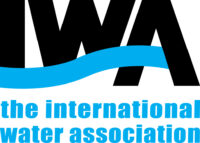Format
Webinar
Arsenic in Drinking Water: Best Practices for Control and Management
Target Audience
Researchers within interdisciplinary theme of arsenic in the environment
-Drinking water process technologists
-Governmental and non-governmental organizations
-Students
-Professionals in water, agricultural and health sector
-Policy makers
-Agricultural sector professionals
-Health professionals
Description
Arsenic-laced drinking water affects the lives of over 200 million people in 105 countries worldwide. In those places, strategies to control and manage arsenic in drinking water are vital part of ensuring universal access to safe drinking water (SDG 6.1) as well as to ensure the realization of other targets.
This webinar will provide with two scenarios of control and management of arsenic in drinking water supplies, including a discussion about technological, social and economic aspects that affect the choice between available remediation practices.
In case of Bangladesh, it will be shown how the community engagement has played a key role in strategies to control arsenic intake from water sources. The Dutch scenario will include a proactive approach to ensure safe drinking water supply and to remove arsenic to a level that is ten folds lower than the WHO guideline of 10 µg/L.
Learning objectives
After going through this webinar the participants will gain insights into the technical and non technical strategies available for the control and management of arsenic in drinking water
Panelists
Free
Certification

